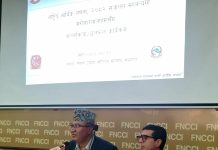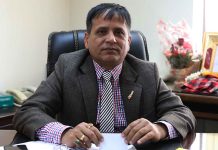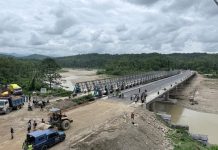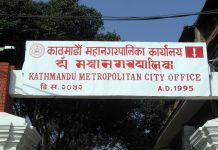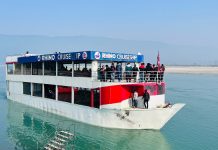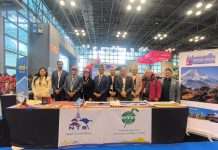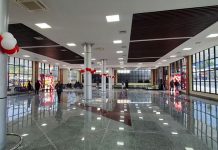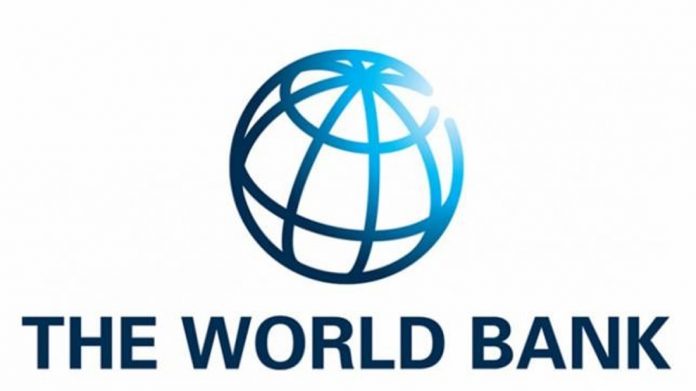Kathmandu, 11 June. The World Bank approved today a $450 million project to help Nepal improve its roads and set the course for post-COVID-19 economic recovery through greater cross-border trade, more jobs, especially for women, and better road safety.
“In the context of COVID-19, protecting people’s lives is the priority, and giving a fillip to economic recovery is equally urgent,” stated Faris Hadad-Zervos, World Bank Country Manager for Nepal. “Our support will pave the way for Nepal’s COVID-19 recovery by making roads safer and more efficient while helping move people and goods, creating jobs, and generating demand for local products and services.”
The Nepal Strategic Road Connectivity and Trade Improvement Project will enhance regional road connectivity by improving the Nagdhunga-Naubise-Mugling road and upgrading the Kamala-Dhalkebar-Pathlaiya road, said the bank in a press statement on Thursday.
“Both are crucial to Nepal’s connectivity and trade with India and other countries. The project will also enhance infrastructure, facilities, and sanitation at border crossing points to ease trade constraints and spur agricultural exports,” said the WB.
Amid the COVID-19 pandemic, the project will also support better screening of goods and people at border facilities, and develop guidance for special working arrangements, such as safe distancing and remote working.
The project will strengthen the National Road Safety Council and the Department of Roads and support periodic maintenance of high-traffic roads within the Strategic Road Network. It also includes a contingency emergency response component to reallocate project funds to support emergency response and recovery.
“The project will reduce the time and cost of moving goods and boost Nepal’s trade, which accounts for about 40 percent of the country’s economic output,” stated Sri Kumar Tadimalla, the Project Task Team Leader and Senior Transport Specialist of the World Bank. “Equally importantly, the project includes best practices in safety, climate resilience, road asset management, gender equality, social inclusion and citizen engagement, which the federal, provincial and local governments can take on.”
According to the WB, the project is well-aligned with the past and ongoing efforts of Nepal and its regional partners to achieve the full potential for trade in the eastern sub-region of South Asia. It is a part of the World Bank’s Eastern Corridor Connectivity Program, which since 2013, has financed a continually evolving regional program to improve connectivity and trade in Bangladesh, Bhutan, India, and Nepal.



